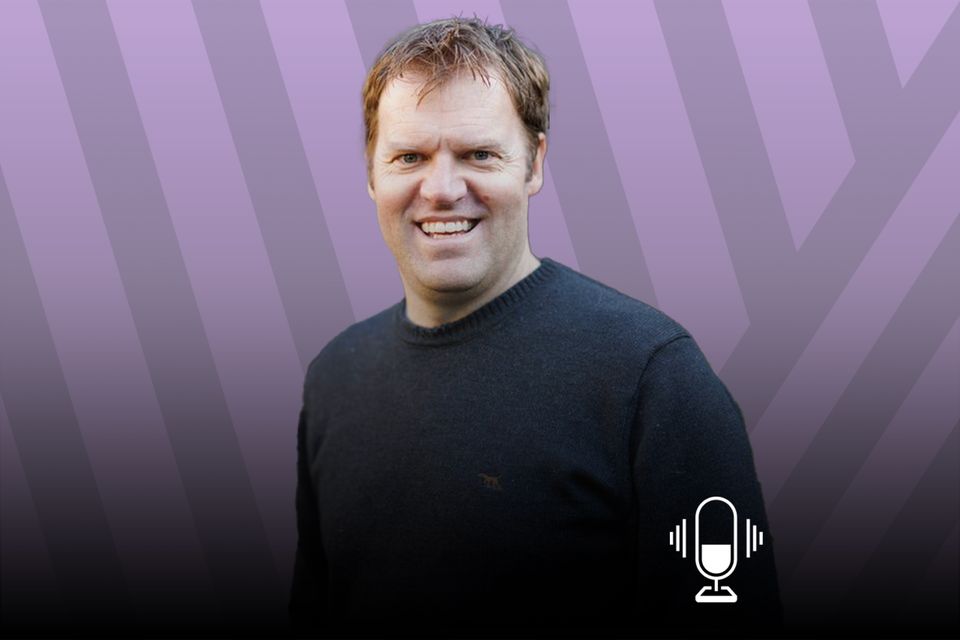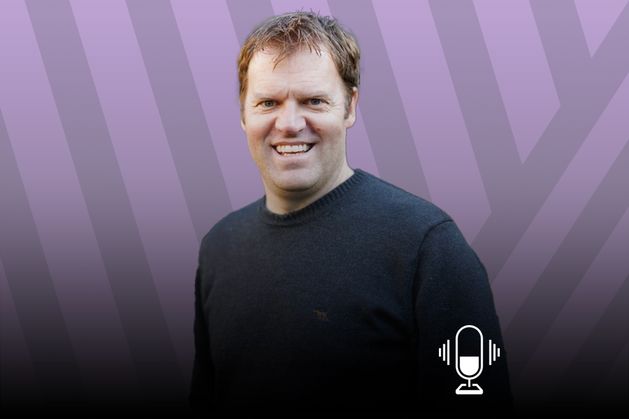No, not that one. The other one. The one that could radically boost your professional and personal life.
For the uninitiated, ‘FIRE’ stands for Financial Independence, Retire Early and it’s a movement that dates back to the US in the early 1990s.
Despite the “grindset” mindset hustle culture dominance of the 2020s, FIRE is still very much in fashion as more and more people attempt to retire in their 30s, 40s or 50s rather than the more societally traditional 60s and 70s.
Like any challenging lifestyle shift, FIRE isn’t for everyone. The more extreme example of “own everything, use nothing” isn’t the easiest thing to adapt to, while how much money you make will naturally inform how much you can set aside.
Speaking of, what level of saving are we talking about?
“It depends, but traditionally, it would be saving as much as up to 50pc,” says Irish Independent columnist Michael Houghton, who breaks down his own FIRE journey and the overall movement on this week’s Money Talks podcast.
“But you can take it at your own pace as well,” he says. “There’s no strict requirement. Some people do deliberately go slower. It can be hard to find that balance sometimes between saving now and wanting to live your life at the same time.”
Houghton first discovered FIRE in 2018 when he was working as a freelance software developer and realised it was time for a major change for him and his family.
“I was paid by the hour, and I would always take a new project on, and that project would typically lead to an increase in pay,” he says.
“We were in the habit of simply spending all of it, as most people would do, anyway. I sat down with my wife – I found a new project that came with a 20pc pay increase – and I said, ‘Look, maybe this time we just hold our spending. We don’t look to increase our spending. We just look to actually save some of this money and see how that goes’.”
The goal in the first year was to save €3,000 per month – roughly €36,000 for the year, which they managed to achieve by cutting out what Houghton refers to as “unnecessary expenses” and “convenience spending”.
Such as?
“Our weekend, Saturday was shopping day, and I came up the stairs one Saturday morning, opened the door where we put all our bags from the shopping, and there was the stuff from last week still in the bags unopened,” he says.
“We were just in this habit, maybe it’s a bit of Irish culture thing, but you see it on Saturdays; the shopping centres are chock with traffic, it’s hard to get in. So, we broke that habit to try and get away from that.
“Obviously, takeaways are a big one,” Houghton says. “Subscription costs, your TV costs, switching services, and all of those sorts of things that we just became more aware of in terms of ways that we can look to reduce various costs. That year, we reduced our spending by about 20pc.”
Houghton notes that while an income boost undoubtedly helps, your focus shouldn’t shift to big-ticket temptation. The best things in life may not be free, necessarily, but Houghton and his family “changed the narrative a little bit” in their approach to a happy life – think a Sunday morning lie-in with fresh bedsheets instead of the latest iPhone.
Eventually, he and his wife managed to build a portfolio of €700,000 in seven years. No mean feat, though taking on a second job at night for 18 months during Covid – a boom time for freelance software developers – certainly helped.
“It took us three years just to reach €100,000,” he says. “We just got good at the income level, the expenditure level, and the investing level. We kind of mastered all three of those traits to allow us to build the snowball,” he says.
“It was slow to start with, but every year we reduced our expenses. Every year I was able to increase my income, and every year we were able to put money away and build that investing pot… overall, when you look at that €700,000, there was about €400,000 of our savings going into that, and after seven years, about €300,000 return.
“But it is one of those things when I look back, I find it hard to believe, but year by year, when you look at the numbers, you can see it how it progressed.”

Today’s News in 90 Seconds, Wednesday, October 8
As for the children, well, they too have been bitten by the FIRE bug – Houghton’s eldest son ultimately found a unique use for his communion money.
“I was like, ‘Well, that’s a lot of money that we’re going to see potentially wasted here… and he did, he wasted some of the money, but I managed to talk him into the magic of the share market,” Houghton says. “He loved Nintendo, He was obsessed with Mario.
“So, I was able to explain to him that you’re actually able to buy a little bit of Nintendo and receive a little bit of their profits for life.”
You can listen to the full FIRE-side conversation with Michael Houghton on the latest episode of Money Talks wherever you get your podcasts.
The content of this podcast is for information purposes and does not constitute investment advice or recommendation of any investment product.
